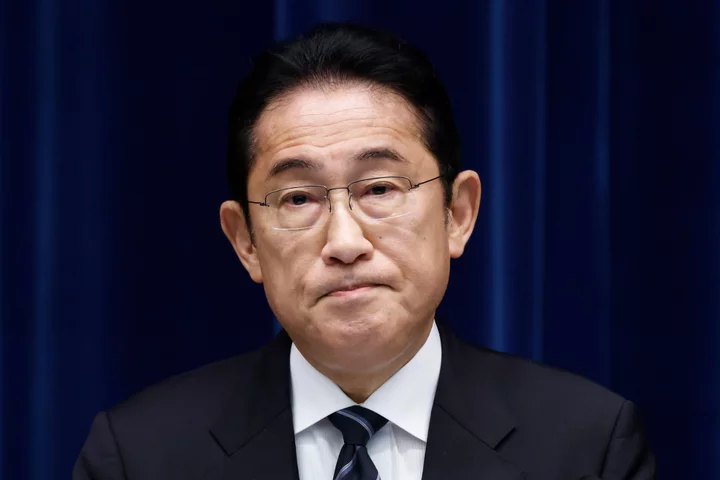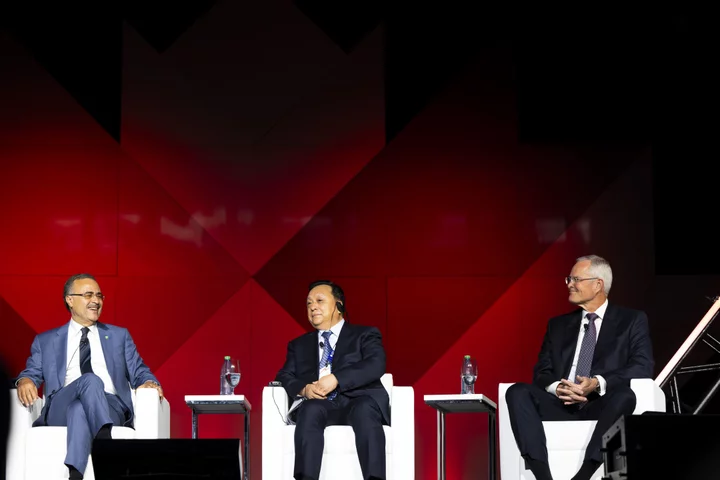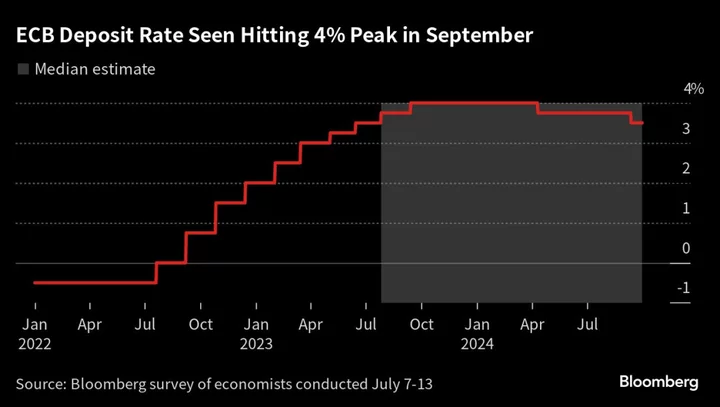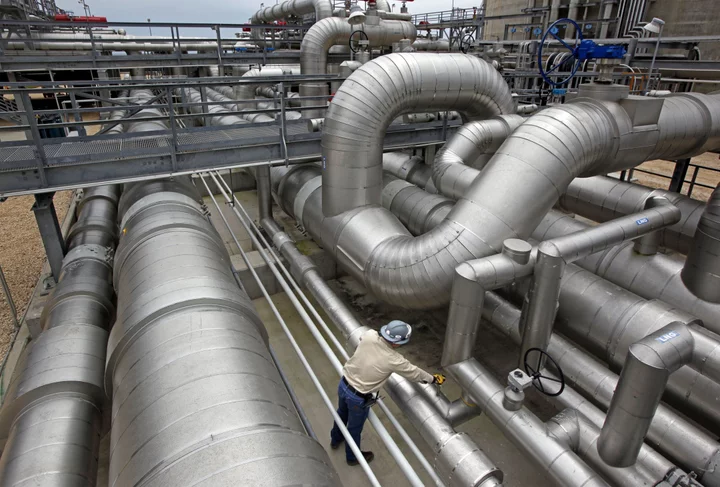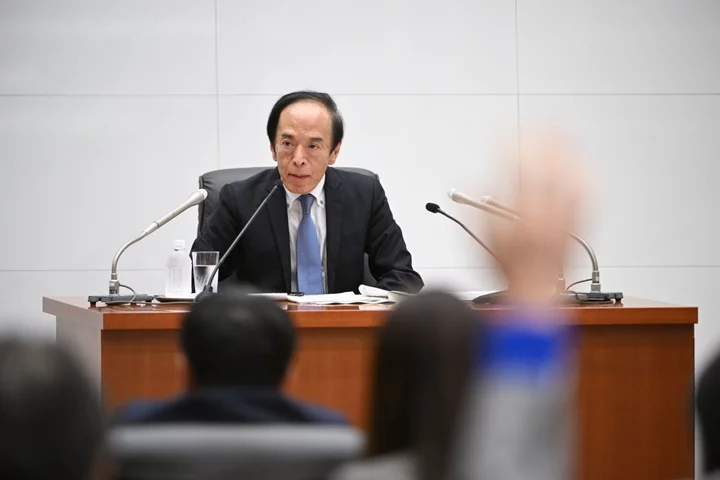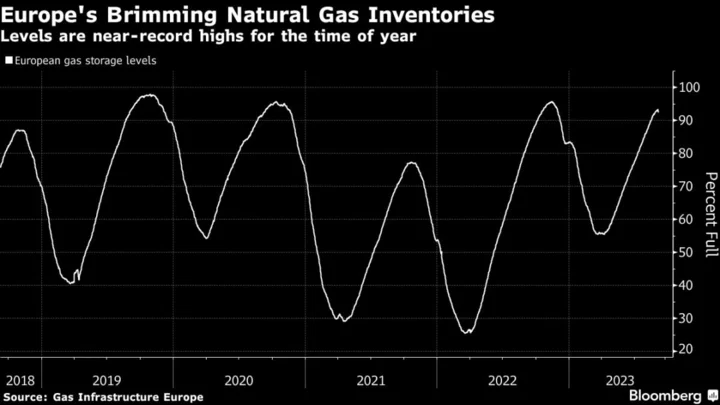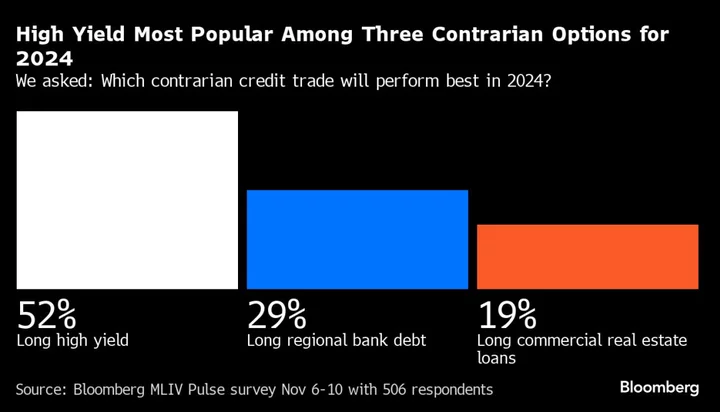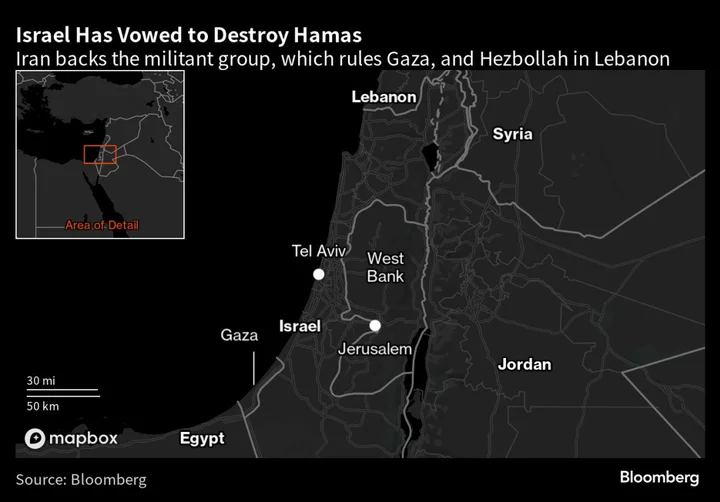Japanese Prime Minister Fumio Kishida has decided against calling an election before the end of the year, Kyodo News and other media reported, after a promise of tax rebates failed to stop a slide in his support rates.
Kishida ruled out dissolving the lower house of parliament to hold a snap election in order to implement his economic plans on a tight political schedule, Kyodo reported Thursday, citing a close aide it did not name.
The prime minister has the right to call the vote whenever he wishes before lower house lawmakers’ terms end in 2025. Kishida had at one point been expected to try to renew his mandate before a party leadership election next September.
A slew of increasingly negative polls has cast a shadow over his administration, potentially motivating rival factions within his long-ruling Liberal Democratic Party to jostle to replace him. Support rates for the LDP have remained far ahead of those for any other party, making it almost certain the group would retain control of parliament when an election is held.
Approval continued to tumble even after Kishida announced plans for a ¥40,000 ($265) tax rebate next year and handouts for low-income households to help cope with rising prices. That’s been dismissed by some poll respondents as an attempt to curry favor, while others have expressed concern about the deeply indebted country’s fiscal situation.
A survey by broadcast news network JNN carried out from Nov. 4-5 found support for Kishida’s cabinet had slumped by 10.5 percentage points to 29.1%, the lowest since he took office in October 2021. Levels below 30% are often seen as the danger zone for a Japanese prime minister.
With a packed schedule over the coming weeks, including passage of an extra budget, the Asia-Pacific Economic Cooperation summit in California next week and an anniversary summit with Asean leaders in December, there would be little time for election campaigning — if he called for a vote.
Kishida is considering meeting Chinese President Xi Jinping at APEC, public broadcaster NHK reported, which would be the first such bilateral summit between the often-fractious neighbors in a year.
Asked about calling an election, Kishida has repeatedly told reporters he wants to focus on urgent problems and is not thinking about anything else.

